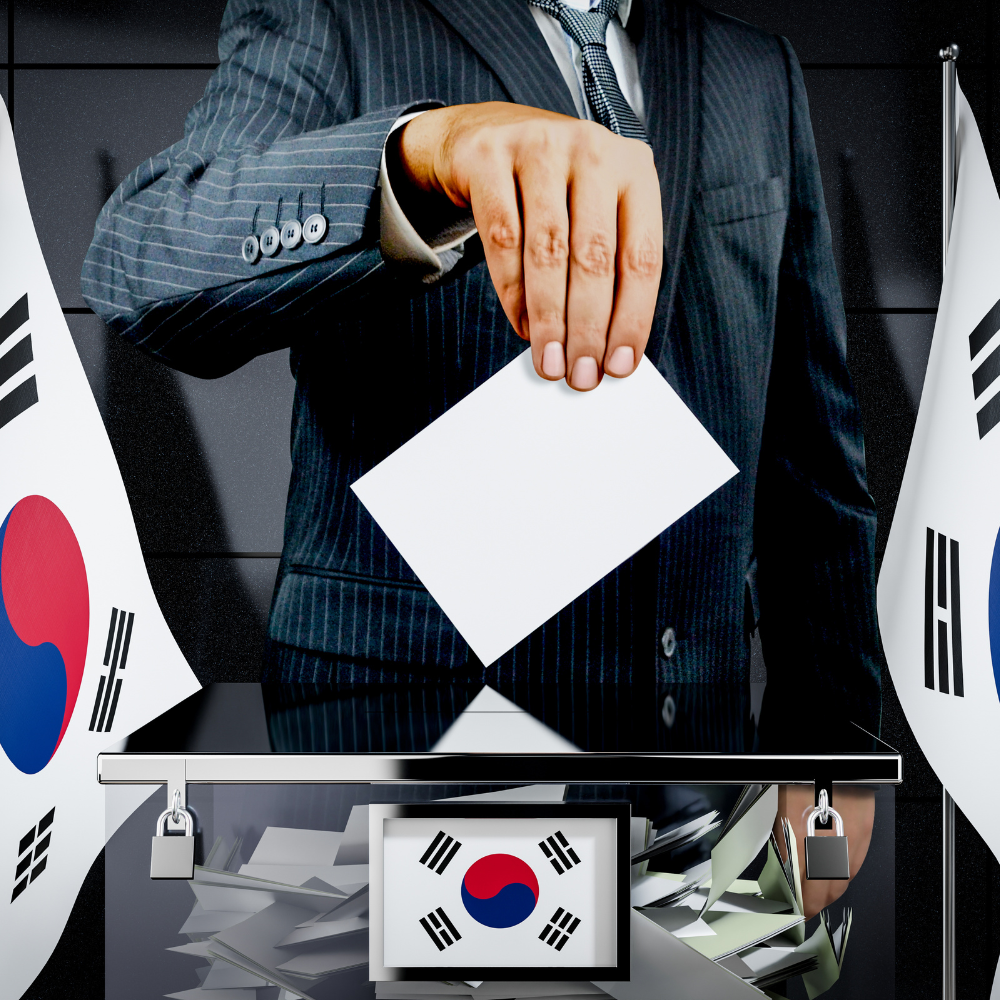South Korean opposition moves to impeach President Yoon
In an extraordinary turn of events, South Korea woke up to political uncertainty on Wednesday after opposition lawmakers initiated impeachment proceedings against President Yoon Suk Yeol. The move follows Yoon’s failed attempt to impose martial law, an unprecedented decision that was swiftly reversed after fierce backlash.
The drama unfolded late Tuesday when Yoon declared martial law, citing the need to maintain order amid rising political unrest. The decision prompted immediate condemnation from South Korea’s main opposition Democratic Party, which described it as “insurrectionary behavior” and accused the president of attempting to undermine democracy.
By early Wednesday, 190 opposition lawmakers had gathered in the National Assembly, defying military barricades to vote against the martial law order. The situation escalated as hundreds of troops surrounded the parliament, with military helicopters hovering overhead. Protesters soon joined the scene, clashing with authorities at the gates. A video of a woman grabbing a soldier’s gun went viral, symbolizing the public’s defiance.
The reversal of martial law came just six hours after it was imposed, following mounting pressure from lawmakers and tens of thousands of citizens rallying in the streets of Seoul. Cheers erupted outside the National Assembly when Yoon announced his decision to retract the order.
Despite this reversal, the Democratic Party moved forward with an impeachment motion on Thursday morning, calling for Yoon’s removal and accusing him of “crimes of rebellion.” The opposition also named Defense Minister Kim Yong-hyun and Interior Minister Lee Sang-min as key participants in the martial law declaration, demanding their prosecution.
Kim Yong-jin, a prominent figure within South Korea’s Democratic Party, expressed deep concern over the current political crisis and highlighted the severe implications it holds for the nation’s democratic framework. He underlined the urgency of taking decisive action to prevent any further erosion of democratic principles, stressing that safeguarding the integrity of South Korea’s governance is not just a political responsibility but a moral imperative. According to Kim, the stability of the nation and the well-being of its citizens are at stake, making it essential to address the issue with the seriousness it demands.
The impeachment motion is set to be voted on by Saturday. For it to pass, at least eight lawmakers from the ruling People Power Party would need to support the opposition’s efforts. However, ruling party officials have vowed to oppose the move, according to Yonhap News Agency.
Protests have continued throughout Seoul, with demonstrators chanting slogans like “Arrest Yoon Suk Yeol.” The Korean Confederation of Trade Unions, the country’s largest labor organization, has pledged to strike indefinitely until the president resigns. Meanwhile, schools, banks, and government offices in the capital have remained operational, even as tensions simmer.
Amid the fallout, Defense Minister Kim Yong-hyun tendered his resignation, apologizing for “spreading confusion and causing distress.” Senior aides, including Chief of Staff Chung Jin-suk and National Security Adviser Shin Won-sik, also submitted their resignations, though it remains unclear whether Yoon will accept them.
The night of upheaval has left South Korea grappling with questions about the state of its democracy. As parliament prepares for the crucial impeachment vote, the country faces a precarious moment that could reshape its political landscape.









